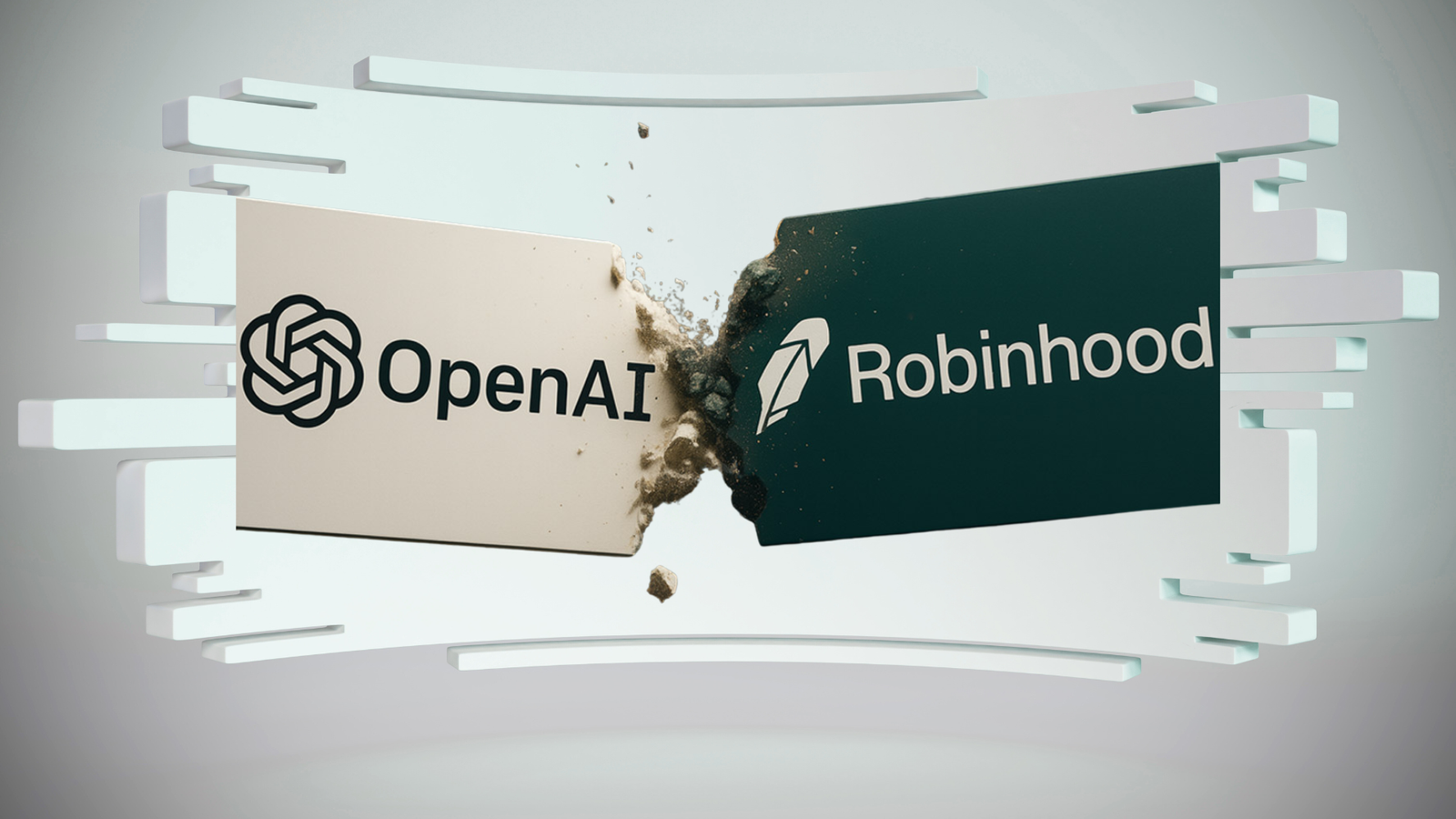In a major move that gestures to the increasingly complicated relationship between blockchain-driven financial products, and a company’s degree of control, OpenAI has rejected Robinhood's offer of tokenized stock that would represent an equity stake in OpenAI. This news surprised many retail investors and crypto-analysts, and sparked important conversations about investor protections, transparency, and creating responsibly regulated digital financial instruments.
What Are Tokenized Shares?
Before we jump into the debate, it’s essential to understand what tokenized shares are. Tokenized shares are digital assets that represent ownership of a stock or equity; most commonly, the backer will have created a Special Purpose Vehicle (SPV) or similar to either hold the stock or share the cash flows attributable to the stock or equity. The actual tokens are sent to and/or issued on a blockchain and provide an easier entry, fractionalized ownership, and quicker settlement relative to stocks in the traditional sense.
In this case, Robinhood introduced a product in Europe that allowed users to access synthetic “shares” of major private companies like OpenAI and SpaceX. These tokens were supposed to give users exposure to the financial performance of the company—without giving them actual shareholder rights.
The Announcement: OpenAI Pushes Back
Shortly after Robinhood’s token launch, OpenAI released a statement denying any affiliation with the offering. The company stated clearly:
These OpenAI tokens are not OpenAI equity. We did not partner with Robinhood or authorize any sale of our shares in this form. Any transfer of OpenAI equity requires our approval.
This statement wasn’t just about brand control. It was about legality, investor risk, and the trust OpenAI maintains in its ecosystem.
Why OpenAI Did Not Accept The Offering?
There are a number of reasons that OpenAI—and potentially all private companies—might reject such offerings:
Lack of Authorization
Robinhood offered the product without any formal agreement with OpenAI. This poses legal risk for both the issuer as well as the investors.
Investor Misconceptions
Many investors may have the impression that purchasing tokens provides them with shareholder rights. In practice, the holders of these tokens often have no voting rights, no access to company knowledge, and no legal remedy.
Brand Risk
If the token fails, is later unwound, or is subject to regulatory scrutiny, negative association could arise for OpenAI's brand—even though they were not involved in the offering.
Compliance & Ethics
As a company heavily invested in work in responsible AI, OpenAI is fully aware of how its reputational risk is tied to ethical practices. This tokenization outside of those parameters is risky.
The Regulatory Gray Zone
One of the most distressing elements of this challenge is that it demonstrates a lack of clarity regarding overall regulation at the alleged intersection of AI, finance, and blockchain.
Lack of Transparency: Stock markets are compliant with regulation; the tokenized asset market is still in the maturing legal space and lacks specificity when it pertains to cross border legal delivery of an asset.
Is it a security?: The debate continues as to whether these tokens represent securities. If they are securities, Robinhood may be committing violations by selling securities without a license and selling securities without a prospectus.
Consumer protection: While investors face material risk (including the risk of total loss of their investment), no protections would be afforded to an investor similar to that of shareholders.
The Impact on Robinhood and Other Platforms
Robinhood’s attempt to offer tokenized access to popular companies was ambitious. It reflects a broader trend in financial technology—making high-value assets accessible to everyday investors.
However, this event will likely force platforms to rethink their approach:
Transparency Will Be Key: Platforms must make clear what users are buying. Synthetic exposure ≠ ownership.
More Legal Vetting: Going forward, companies may face more pressure to secure proper licenses and permissions.
Scrutiny from Regulators: This could be a tipping point for financial watchdogs to impose tighter rules on tokenized equities.
What Does This Mean for Investors?
If you’re a retail investor interested in AI companies like OpenAI, this event should serve as a cautionary tale.
Do Your Research: Make sure you understand what you're buying. Is it equity, a derivative, or a synthetic asset?
Beware of Hype: Tokenized shares may offer access, but they often lack the protections of traditional investments.
Watch for Regulation: Expect more guidance from financial regulators in the coming months. Stay informed.
Implications for AI Startups and the Tech Ecosystem
This case also holds important lessons for startups in the AI space.
Brand and IP Protection: If your company becomes the subject of a tokenized offering, be prepared to defend your brand legally.
Investor Relations: Clear communication is key to protecting your reputation.
Data Sovereignty: Just as AI models must be trained responsibly, equity and investment access must also be handled with care.
As AI continues to influence every aspect of our lives—including finance—the rules of engagement are being written in real time. The clash between OpenAI and Robinhood is more than a corporate disagreement. It's a sign of growing pains in our tech-driven economy.
At Skill Bloomer, we believe that innovation must be paired with transparency, ethics, and accountability. As you navigate this rapidly evolving landscape, make sure you're informed, empowered, and prepared to ask the tough questions.
.svg)
.svg)

 For Instructor
For Instructor

